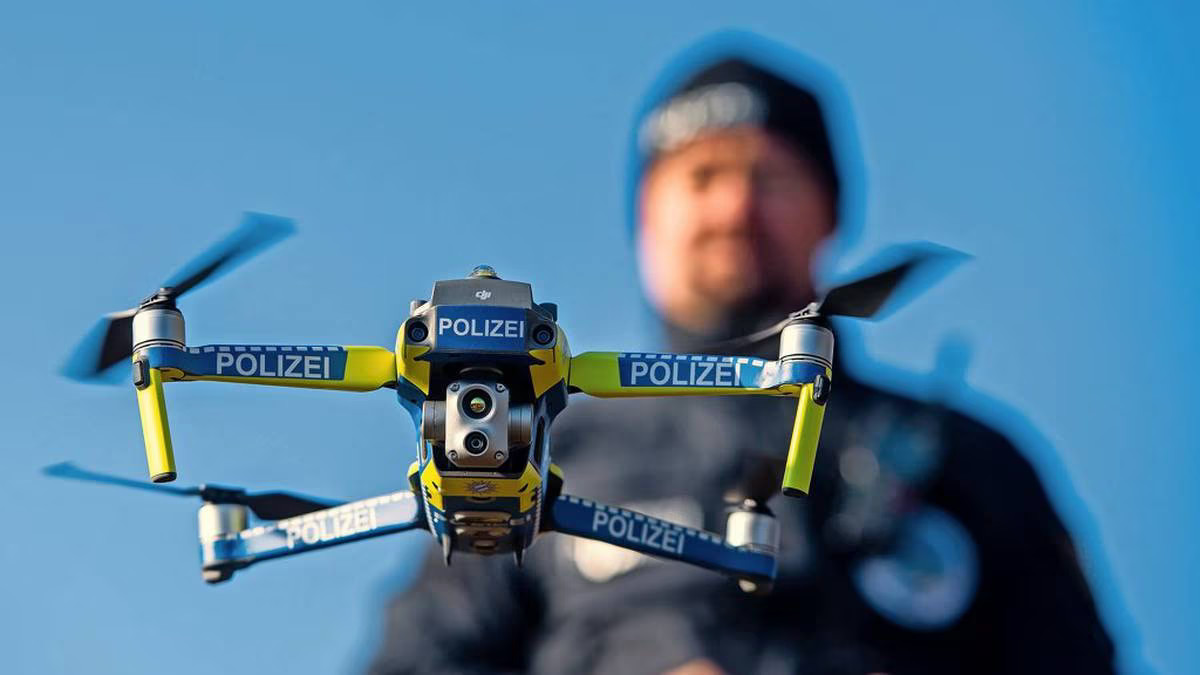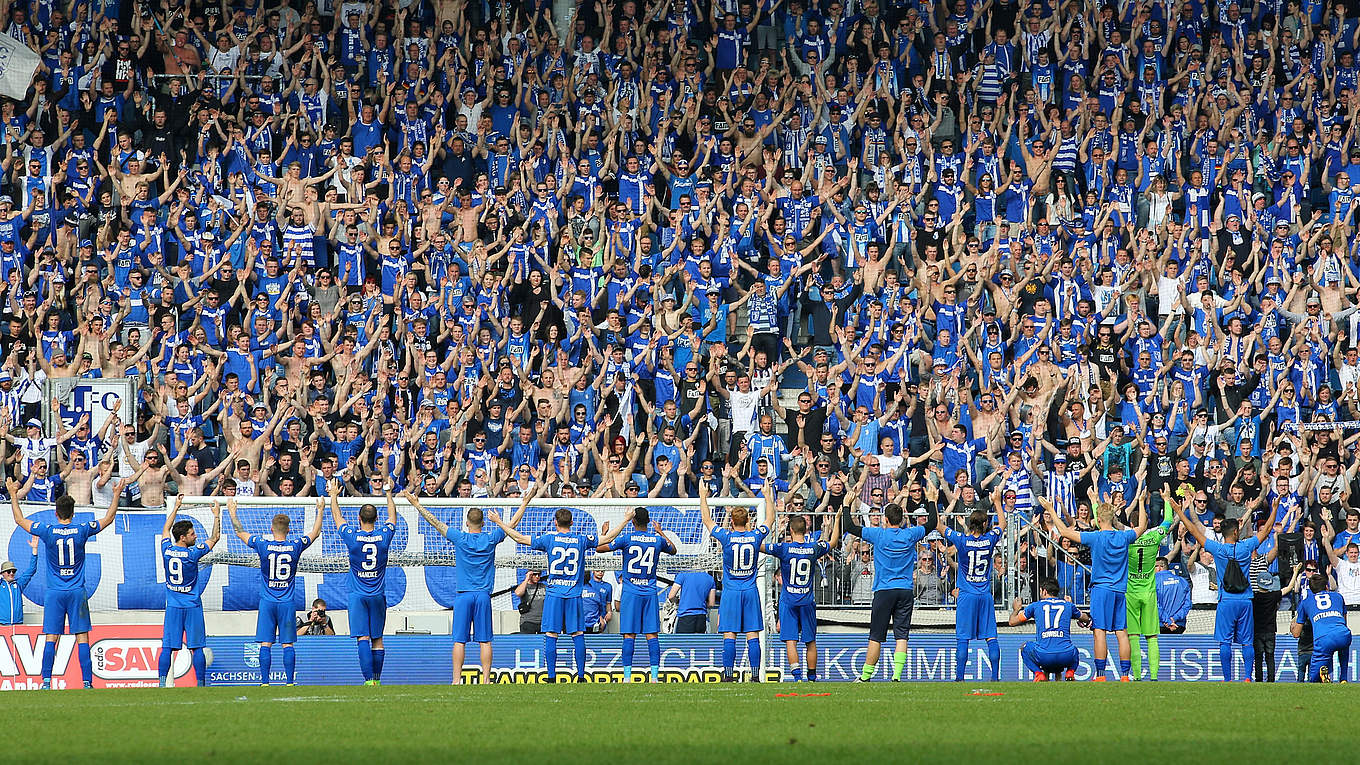Last week, it became known through a question initiated by Fanhilfe (fan aid) Magdeburg and presented via the Left Party in the Saxony-Anhalt state parliament that the police had used drones to monitor fans at 1. FC Magdeburg's home games against Hamburger SV and Hansa Rostock in April.
The fan aid has filed a complaint against the use, arguing that it violated personal rights. The drones, with which German police are increasingly being equipped, were not originally intended for football matches, and even on a legal level, the Federal Constitutional Court only recently declared such deployments unlawful. "The complaint focuses on the following questions, among others: On what legal basis did the drone deployments take place? Who was filmed? To whom were the drone images transmitted and how are the recordings stored? What deletion periods apply? In the opinion of the State Data Protection Commissioner, has there been a violation of fundamental rights? The complaint to the State Data Protection Commissioner was submitted on Thursday evening.", according to the fan aid.
The drones had been used both in the Heinz-Krügel-Stadium and around it. The games against HSV and Hansa are considered "risk games" and allow the police to take additional measures. So on days like that, it's easier for the state to justify pushing its militarization inside. Drones around football matches will very likely be "tested" many more times before this technology is used more widely to monitor the masses. The neighboring state of Saxony, for example, currently has 21 drones, which police say flew on 41 missions last year. Regarding the legal setting, Saxony's data protection commissioner tells MDR (central-german broadcasting): "Thus, while it is legally stipulated that drone use must not be secret and covert, the following is true: How the police ensure that drones are used in an obvious manner depends on the circumstances of the individual case and the respective conditions on the ground. What is important, however, is that the police must ensure the detectability of drone use even if an event organizer is not willing to cooperate." Quite obviously, the detectability of drone use in April was not ensured; it took two months and one parliamentary question for this to become public. The "legal context" is to be circumvented as unnoticed as possible. The main thing, however, is the refusal to comply with the decision of the Federal Constitutional Court. A few once again vaguely worded paragraphs are supposed to give reason for the highly praised separation of powers to be bypassed once again. Thus, the drone missions at the football games in Magdeburg are also part of how the power of the legislature and the judiciary is increasingly limited in favor of the executive and the constitution is undermined, how the reactionarization of the Federal Republic is advanced.
Incidentally, Saxony-Anhalt itself already owned almost 30 drones just under a year ago. The drones are capable of taking far more than sharp pictures - for example, the Saxony-Anhalt state police reported on a "fugitive criminal" who was identified and arrested on his way through a drone equipped with a thermal imaging camera. The unmanned aerial vehicles are at the desired location within the shortest possible time and they are able to carry out comprehensive surveillance that would otherwise not be possible for the police at all. In order to fight against the militarization of the state, all parts of the people directly affected by the reactionary measures must be mobilized against them in the daily struggle. For football matches, this means fighting the false attitude that politics does not belong in the stadiums and agitating, in particular among the progressive sections of the organized fan scene, if they exist.












